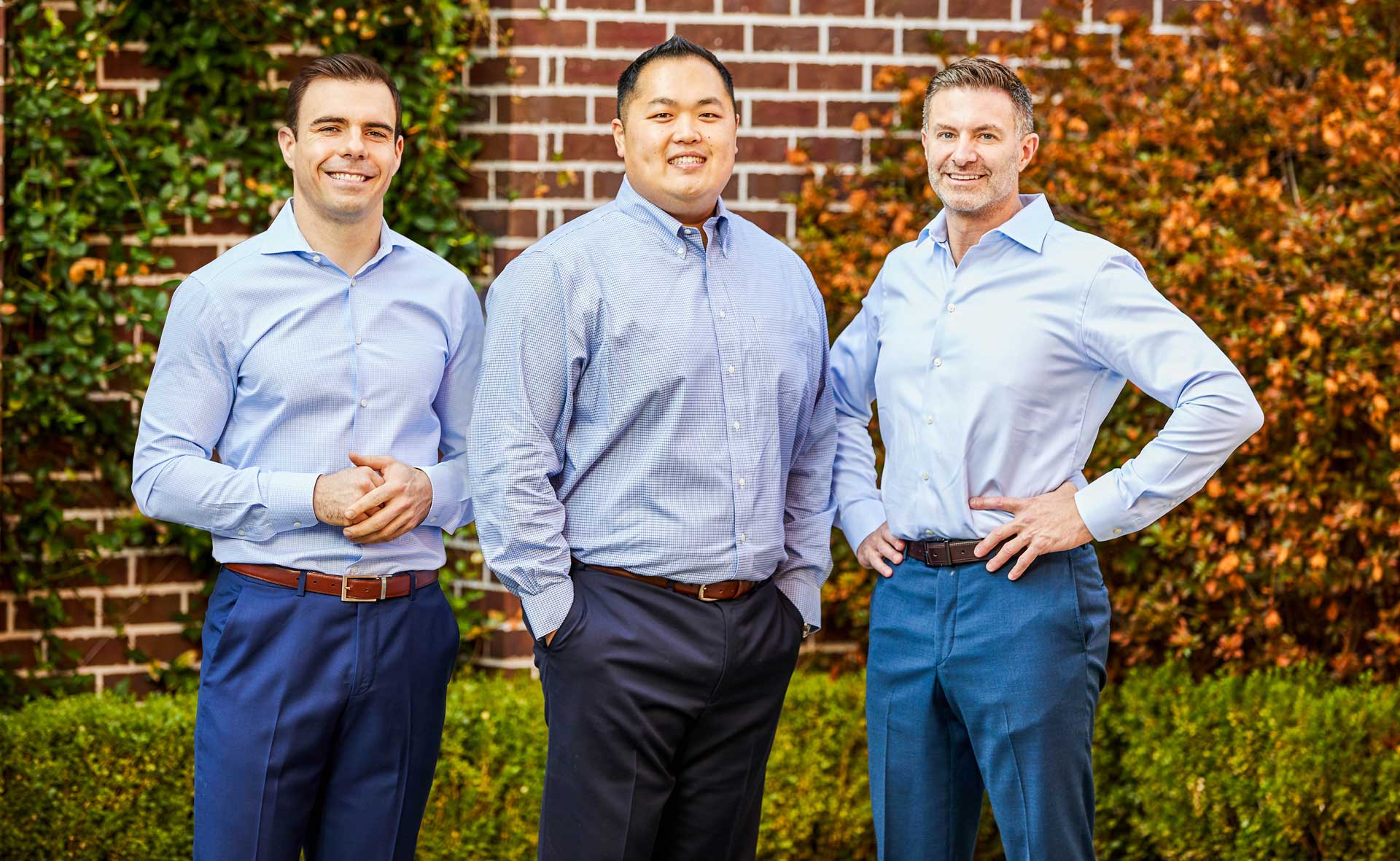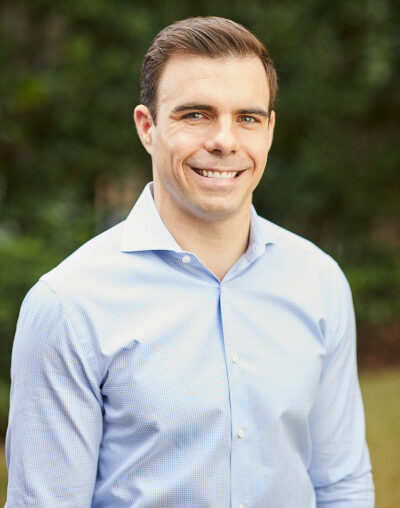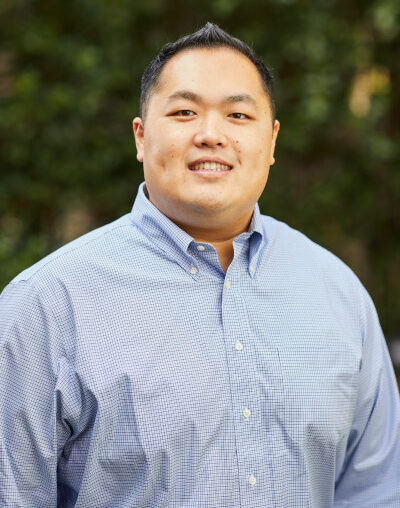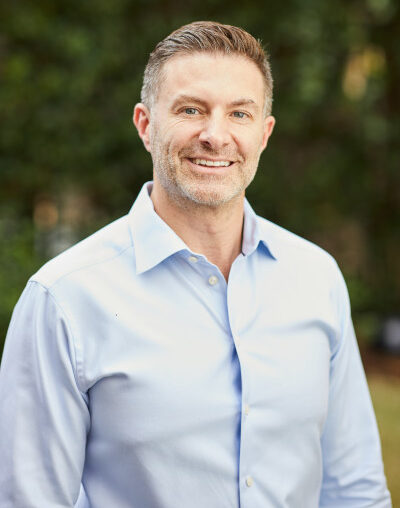Dallas Center for Oral and Maxillofacial Surgery helping you achieve your oral health goals through detailed precision and high-quality care.
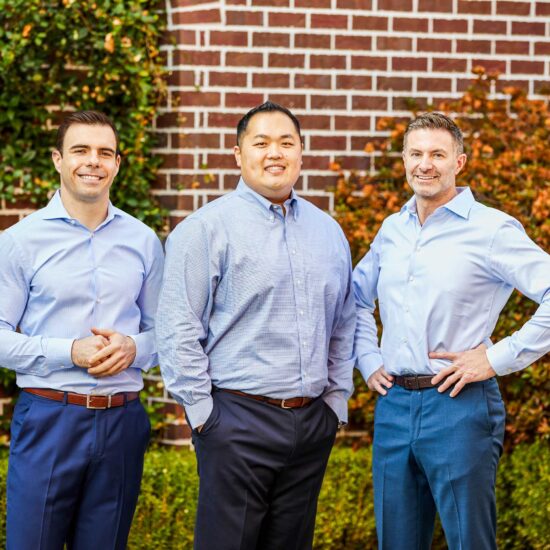
Thank you for choosing

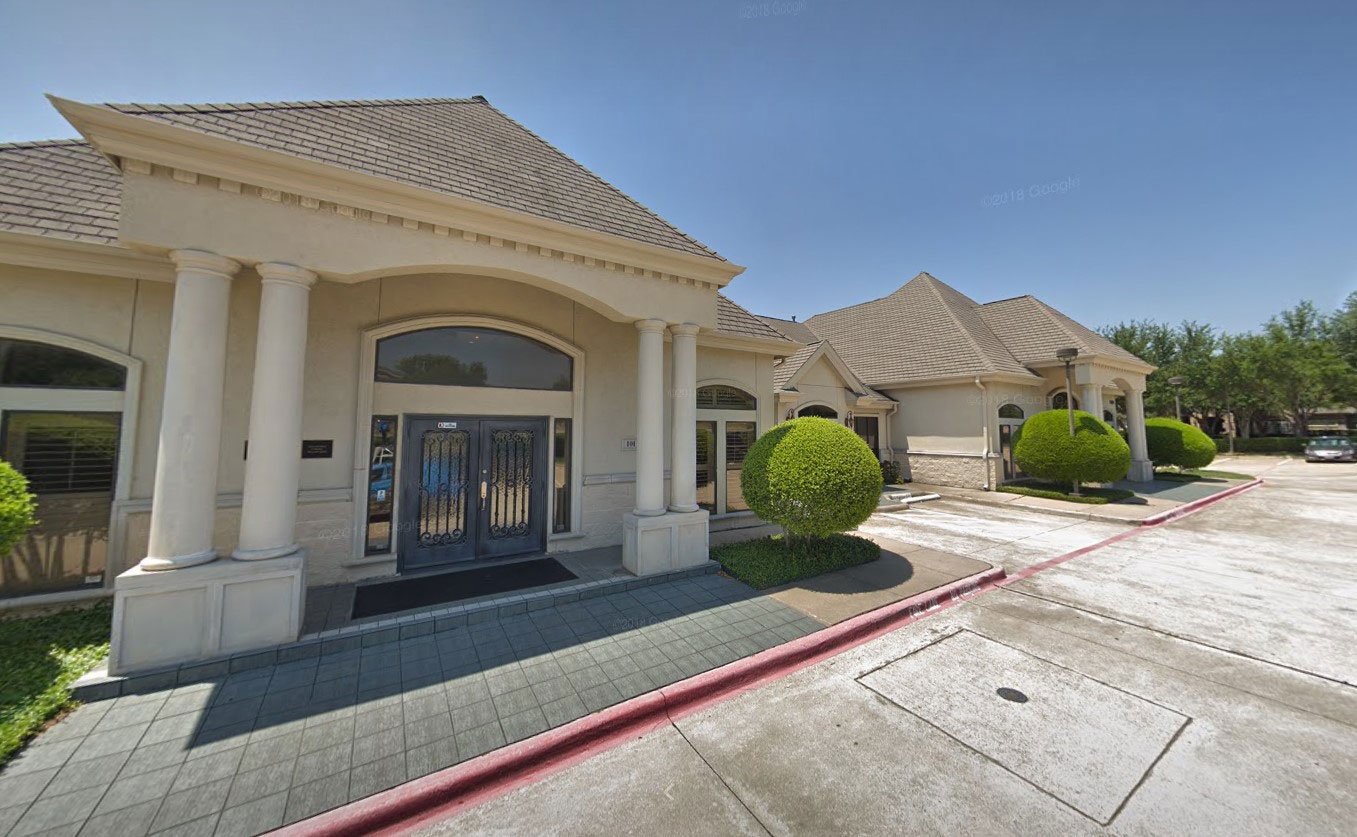
At Dallas Center for Oral and Maxillofacial Surgery, Dr. Gannon, Dr. Lee, and Dr. Sherry provide a full range of solutions – including dental implants, wisdom teeth removal, corrective jaw surgery, and more – to improve your oral and overall health. As a patient of our practice, you’ll receive specialized care performed with an eye for detail and dedication to excellence. Our focus is always on helping you achieve your oral health goals, your comfort, and your total well-being.



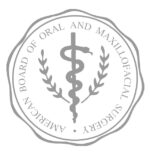
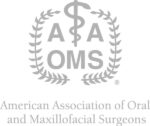

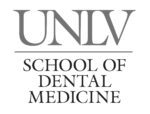


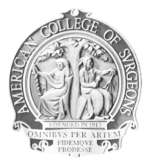


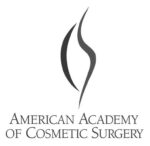

Our Services
Dr. Gannon, Dr. Lee, and Dr. Sherry use their advanced training, experience, and expertise to remedy oral-related problems and deliver positive, predictable results.
Dental Implants
Jaw Surgery
Wisdom Teeth
All-on-4® Implants

Patient Feedback
Dr. Sherry was very professional and personable. Day one of meeting him he made me and my family confident about surgery. He was available for questions, concerns, and did a thorough job talking us through the process/recovery. His team was also incredible, so helpful and friendly. I had a great healing process, no complications, and overall a great experience! I would HIGHLY recommend Dr. Sherry and his team if you are even considering oral surgery.
Dr. Lee and his staff did such an amazing job. All within one week I had a consultation and procedure to have wisdom teeth removed. I’ve already referred a friend to him as well. They are so affordable and made each encounter comfortable. He truly cares for his patients. So all in all I thank him and his staff for a job well done. Definitely call and make that appointment no need to look any further.
I was a new patient at Dallas Center for Oral & Maxillofacial Surgery and my experience was GREAT! Dr. Gannon is amazing and so is his entire staff and the entire facility! I want to give a huge shout out to Aby! She was amazing the day of my surgery! I highly recommend this facility! Everyone was AWESOME! Thank you all for a professional and quick surgery day!
Dr. Sherry and the rest of the staff was extremely helpful and made my experience as comfortable as possible. Dr. Sherry did a great job in addressing my concerns and is empathetic towards those who are nervous about dental procedures. Highly recommend!!
Dr. Lee and his staff were great! He and his team were very professional and friendly. I had a lot of work done and I would highly recommend Dr. Lee. I was very impressed with his knowledge and skill. He is awesome!
Absolutely THE best dental experience I have had in my entire life! I had been suffering from a failed root canal (done by a dentist I shall not name). Dr. Gannon and his staff took care of my needs (xrays, antibiotics, etc) until I was able to get the tooth surgically removed. No pain and aftercare follow-up with them was great! If there were 10 stars I would rate them at that! I wish they did regular dentistry there too.
5824 W Plano Pkwy
Suite 101 + 103
Plano, TX 75093
Monday 8:00am – 5:00pm
Tuesday 8:00am – 5:00pm
Wednesday 8:00am – 5:00pm
Thursday 8:00am – 5:00pm
Friday 8:00am – 2:30pm
We are here to help you achieve a healthier, more beautiful smile!
